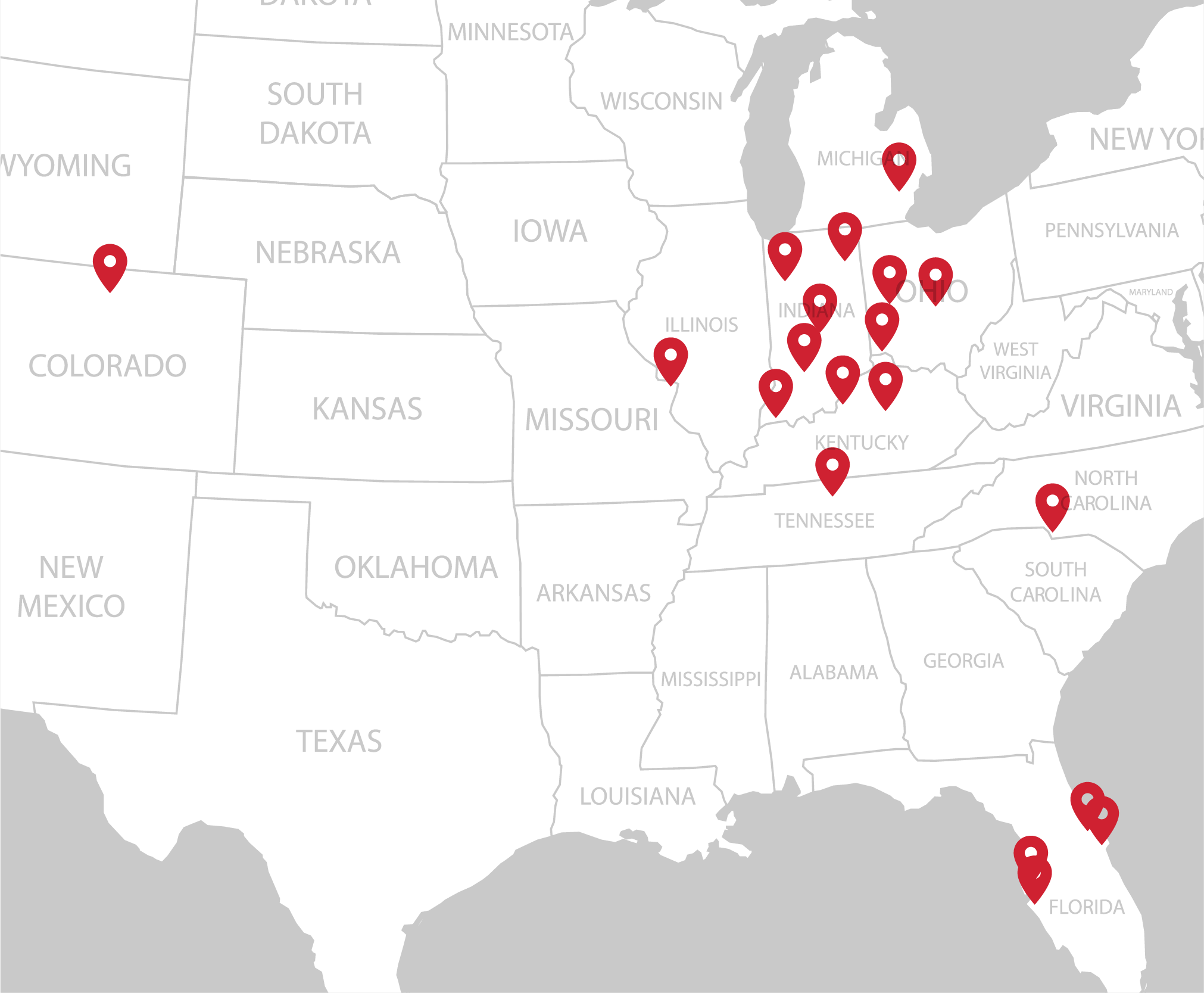Your not-so-new roofing system can benefit from regular inspections to ensure it remains in good condition for the rest of its lifespan. Scheduling an inspection at least twice a year is ideal, but it also makes sense after a severe storm. This is because you’ll be able to determine whether your roof suffered any damage and perform the necessary repairs.
In this blog, Bone Dry Roofing – West, a leading roofing contractor in the area, explains what happens during a professional roof inspection.
Exterior Roof Inspection
Checking the roof on your own is hazardous and can put you in harm’s way, which is why it makes sense to leave the job to the professionals. After all, they’re trained on how to properly handle themselves while ascending the ladder and know how to observe safety procedures while working up high.
The following are a few of the things that a roofing team will check during an exterior roof inspection:
-
Flashings – These pieces of metal or plastic should be secured in place to protect against leakage around the base of chimneys and near exhaust vents and other roof penetrations.
-
Shingles – Signs of buckling, curling or rotting shingles may not always indicate severe damage to the roofing system, but either way, they need to be replaced as soon as possible. Otherwise, the structure will be left vulnerable to further damage.
-
Gutters – Too many shingle granules inside your gutters means that the roof is nearing the end of its lifespan and must be replaced.
Interior Roof Inspection
A thorough inspection of the attic can help pinpoint potential roofing problems. Inspecting the interior of the roof usually comes after the exterior has been carefully assessed. Here’s what to expect in this phase of the inspection:
-
Ventilation – The intake and exhaust vents that facilitate air circulation in and out of the attic must remain unobstructed. Otherwise, moisture can accumulate, resulting in mold growth and rot. Both of these issues can compromise the roof’s structural integrity.
-
Insulation – The attic should have enough insulation to keep indoor living spaces comfortable. Poor insulation is known to cause ice dams during the winter.
-
Structural problems – Your roof may require replacement if the pros see sunlight streaming through holes or gaps along the roof slope or find signs of sagging.
Bone Dry Roofing – West specializes in high-quality residential roofing services. Request a free inspection today so you can rest assured that your investment will continue protecting you and your family from inclement weather. Call (970) 364-7996 or fill out our contact form for a free estimate.










